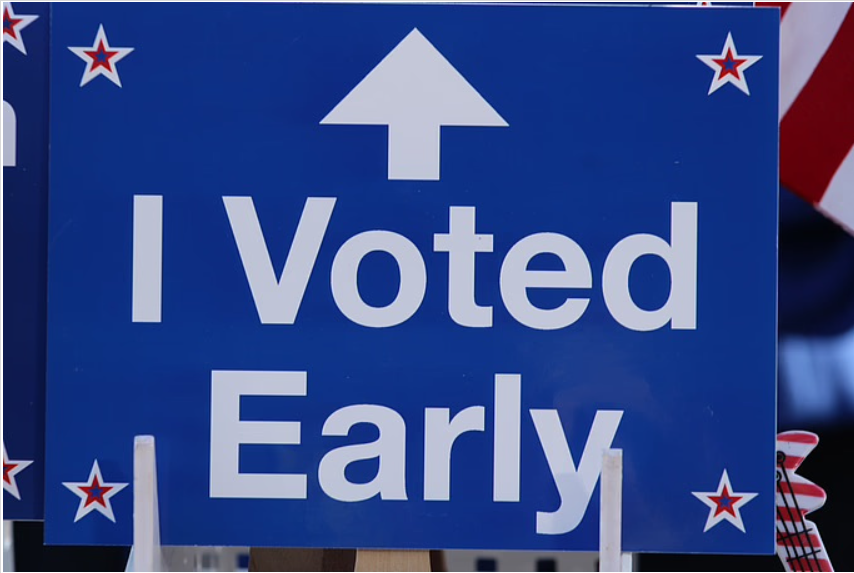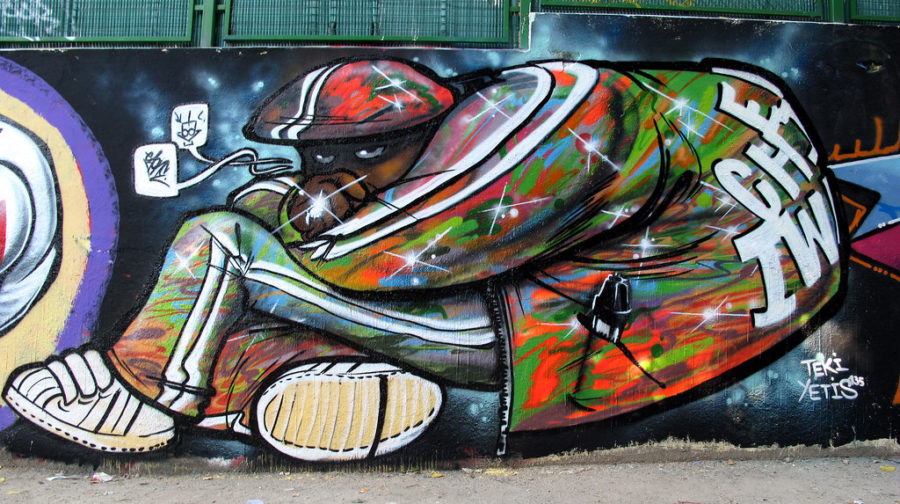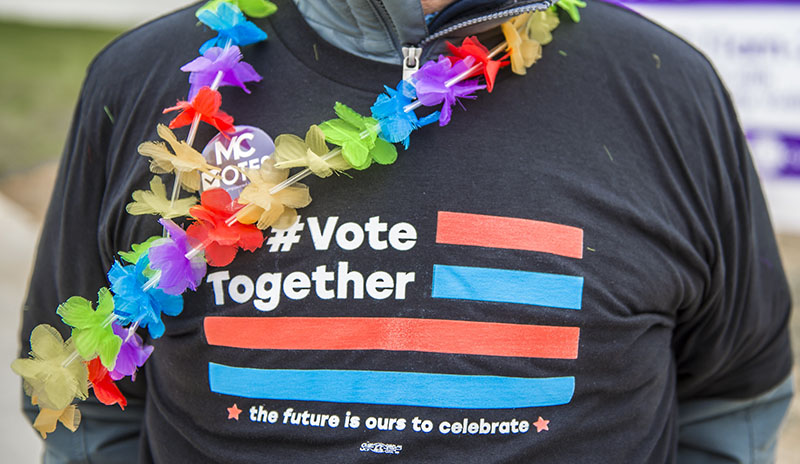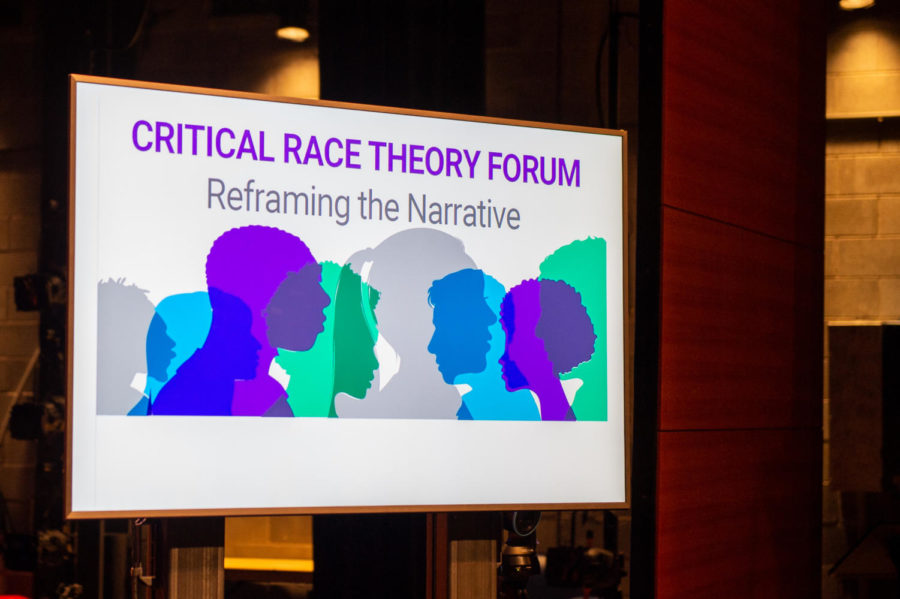Democracy is grounded in a shared set of values we must diligently uphold and pass on to future generations. The United States has embarked on a nearly 250-year journey of democratic governance, characterized by significant challenges and transformations since its inception in July 1776. From the Civil War, which brought our nation to the brink of division, to the profound injustices of racial apartheid in the latter half of the 20th century, our country has struggled to fully realize the ideals of equality, fairness, and liberty enshrined in our founding documents. Nevertheless, we have consistently sought to uphold these principles throughout our history.
Over the past two decades, particularly in the last ten years, many young Americans have become cynical and fatalistic about our politics. This attitude has several reasons: two failed wars, an economic recession, increased political polarization, and the deterioration of civility in public discourse. Additionally, globalization and the rapid accumulation of wealth by the world’s leading billionaires have contributed to this disillusionment.
National reckonings on issues of race and women’s autonomy have also played a role, along with a federal judiciary that seems determined to advance a Christian nationalist agenda. The rise of artificial intelligence, the ongoing war in Gaza that has displaced millions, and a former president who has clearly expressed fascistic ambitions further add to the climate of despair. This is compounded by his political enterprise that aligns itself with anti-liberalism, despite his numerous legal challenges and efforts to overturn the 2020 presidential election.
The past decade has revealed significant challenges within the American political landscape. The skepticism expressed by young individuals is indeed justified. This is why the upcoming election is of such critical importance. Since 2020, over 16 million young Americans have gained eligibility to vote, and I am proud to join their ranks. As I engaged in my first presidential election, I chose to take advantage of early voting to avoid lengthy wait times. While reviewing the electronic ballot and carefully considering the candidates and ballot measures, I was filled with a deep sense of pride — pride in our democratic system and in my participation in shaping the future.
Democracy can sometimes appear disorganized, exhausting, and frustrating. Nevertheless, we hold the vital responsibility of striving to enhance our union. Regardless of individual political affiliations or voting preferences, the right to vote is fundamental. Active participation in our democratic system is crucial for preserving the integrity of the world’s most significant experiment in democratic governance.
Mhambi Musonda is a second-year International Relations major at Montgomery College.








